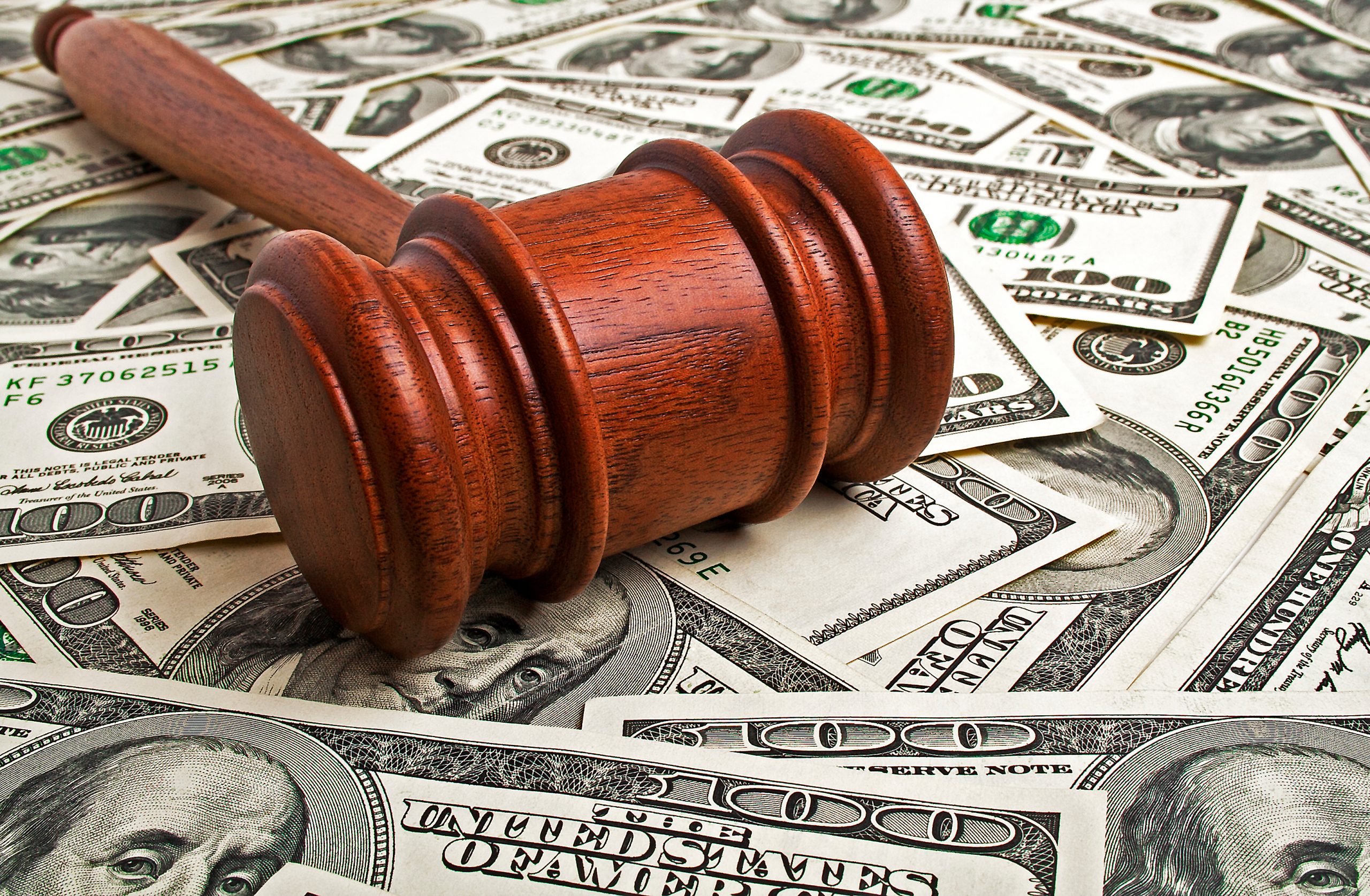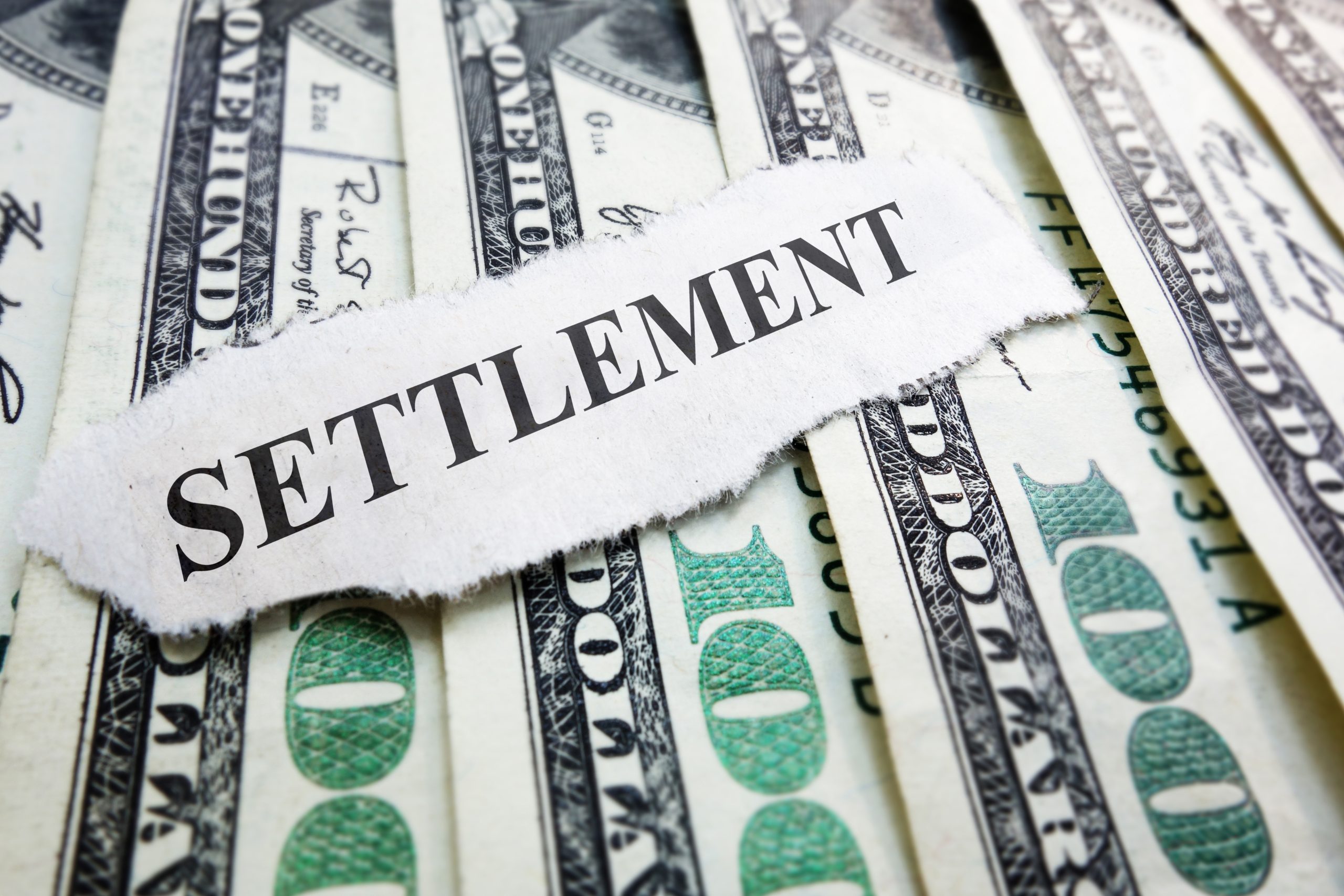When you get seriously injured in an accident caused by someone else’s negligence, you will likely have costly medical bills. Unless you can afford to pay your medical costs out-of-pocket, you will likely have to use your health insurance or a portion of your settlement to pay your medical bills. The most important thing to know is that, if you get into an accident, you are generally responsible for making sure your medical bills are paid as you incur them, until any underlying insurance claim or lawsuit is resolved. The only exceptions are usually:
- car accidents in “no fault” states
- accidents that trigger “medical payments” (or “med pay”) insurance or similar coverage, and
- workers compensation claims
When an injury claim is made under the above three kinds of coverages, you can usually submit your medical bills as they come in, and rolling claims can be paid out until the coverage limit is reached.
Medical Bills and Personal Injury Settlements
When you get seriously injured in an accident caused by someone else’s negligence, you will likely have costly medical bills. Unless you can afford to pay your medical costs out-of-pocket, you will likely have to use your health insurance or a portion of your settlement to pay your medical bills. The most important thing to know is that, if you get into an accident, you are generally responsible for making sure your medical bills are paid as you incur them, until any underlying insurance claim or lawsuit is resolved. The only exceptions are usually:
How Do Medical Bills Get Paid?
Four of the most common ways medical bills get paid after a personal injury accident are:
- Your health insurance. The initial payment may come from your health insurance provider if you are insured. This includes Medicare and Medicaid insurance. If your health insurer pays your medical bills in advance of you receiving a settlement, you will have to reimburse the health insurer after resolving your case.
- Your auto insurance. If you were injured in a car accident, your own auto insurance company may pay for the initial costs of your medical care. If you are at fault, you would need medical pay or personal injury protection insurance for first-party insurance coverage.
- Insurance subrogation (if you were not at fault). If you were not at fault for the accident but your own auto insurance provider paid for your medical care upfront anyway, your insurer can pursue reimbursement from the at-fault party’s insurer through a process called insurance subrogation.
- A third-party’s insurance carrier. If you were not at fault and your own insurance company does not pay your medical costs, you may qualify for coverage from the other party’s insurer. This may come in the form of a settlement or verdict won from the defendant, which you would then use to pay off your medical debt.
Your Settlement Must Cover Your Future Medical Bills
Your health insurance company will no longer be on the hook for the medical bills in the future because there will now be an alternate payer. The responsible party in your accident will have an obligation to pay your bills in the future. Your accident settlement should pay for both your past and future medical bills. While medical providers will send you bills, they will understand that you are an injured victim who cannot pay those bills right away. You will get a certain period to pay the bill. You can negotiate a payment plan with the medical provider. If you have a personal injury lawyer handling your case, they can speak with the billing provider on your behalf.
You Must Get Enough Money To Cover Past and Future Expenses
The fact that a provider can place a lien on your settlement, you must negotiate an adequate number to make sure you get full compensation. State laws might limit the liens that a medical provider can place to ensure you still receive some compensation after a settlement. In many cases, the size of the lien cannot exceed 25 percent of the personal injury settlement or award. However, the provider can ask you to sign a waiver that allows them to collect more than this amount. Should you obtain a personal injury lawyer, they can negotiate with the individual provider to help fully protect you.
Legal Requirements for Medical Liens
There are some requirements for medical liens:
- The provider must file them in the county where the healthcare services occurred
- Providers must file within a certain timeframe and before you receive your settlement
- The provider must move to enforce the lien within one year after filing it, or they must re-file the lien
Who Gets Paid First Once the Settlement Is Over?
The healthcare provider gets their piece of the proverbial pie first. After the contract is signed, the medical provider will send out a notice of debt to all parties involved. This is called perfecting the lien and it guarantees that the lien holder will be paid first from the verdict or the settlement. For individuals who have no means of covering the cost of their medical treatment in case of an accident or an injury caused by another person, medical liens are a godsend. However, this legal remedy might not be available in all cases.
Can My Medical Bills Reduce My Settlement?
In some cases, your medical bills may reduce your settlement. This can happen if your medical bills are particularly high, and your settlement is not enough to cover all your expenses. In this case, your lawyer may negotiate with your medical providers to reduce your bills or work out a payment plan. Additionally, if you are found to be partially at fault for the accident, your settlement may be reduced by the percentage of fault assigned to you. This means that if you are found to be 10 percent at fault, your settlement will be reduced by 10 percent.



